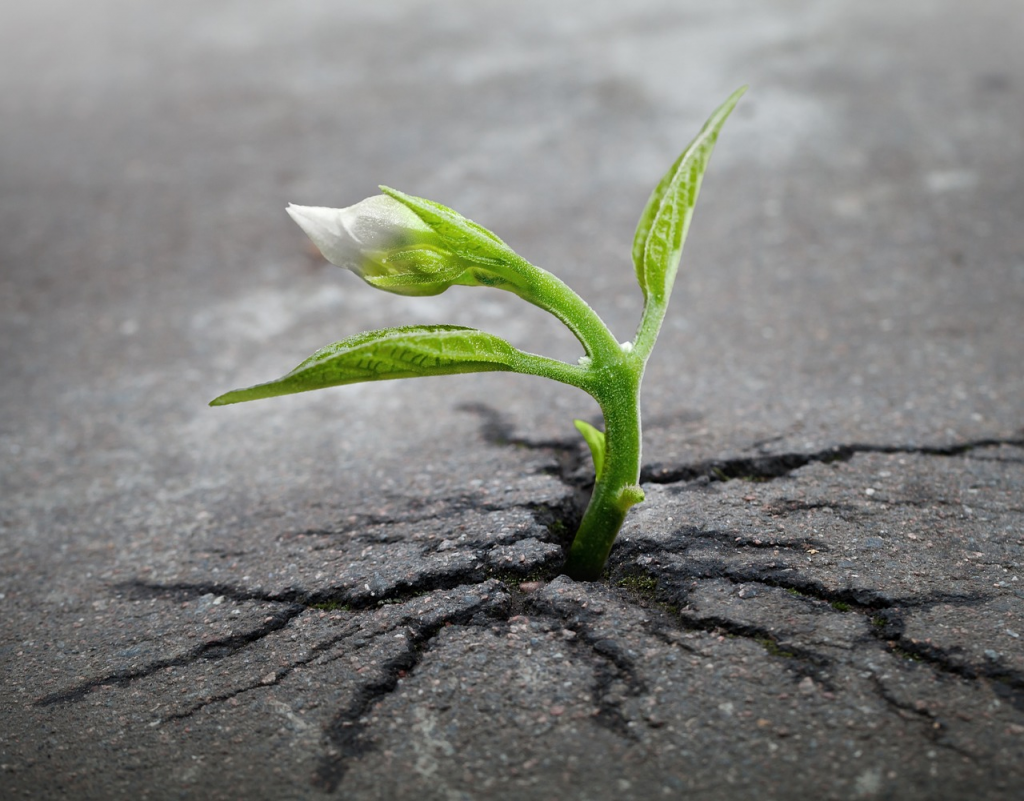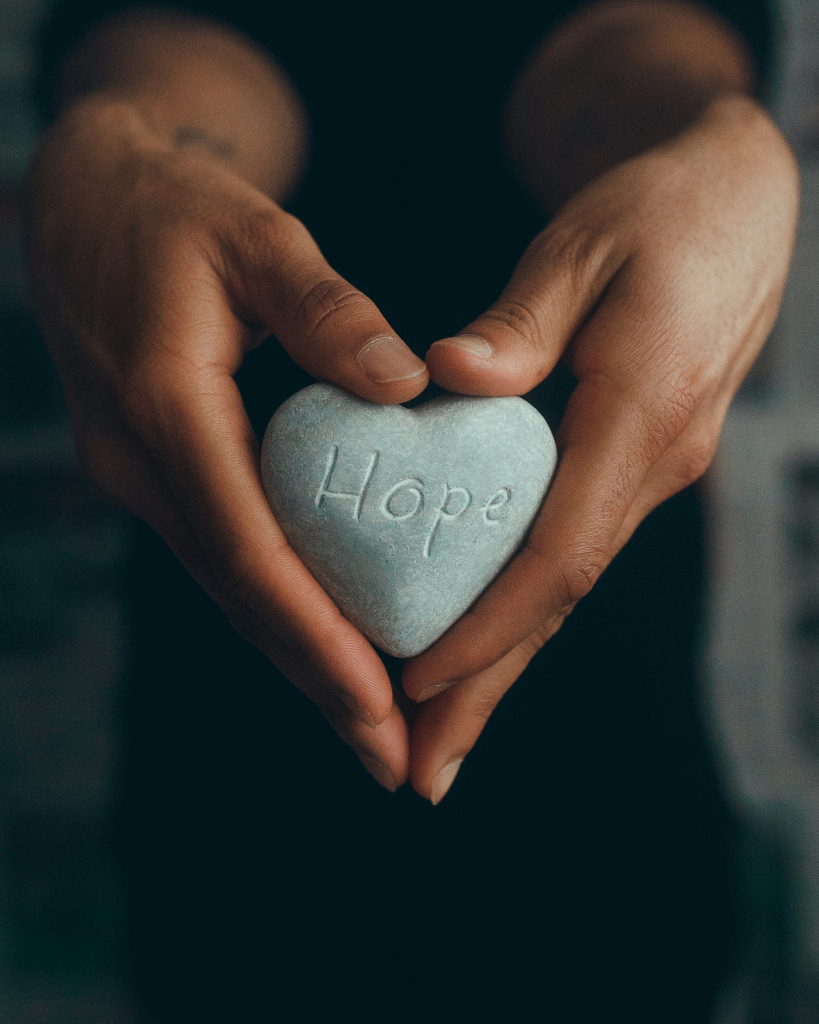Life doesn’t ask for permission when it shatters you. One day, everything feels intact—and the next, you’re picking up pieces of a life you no longer recognize. A phone call. A goodbye. A betrayal. A diagnosis. It comes fast, and it hits deep. And when it does, there’s no manual—just the thundering silence of grief, fear, or confusion echoing inside your chest.
But here’s what the world won’t always say out loud: getting through the worst moments doesn’t mean pretending to be okay. It means surviving with your truth intact. It means allowing your soul to feel everything—and still choosing to move forward, one breath at a time.
These eight strategies won’t erase your pain. But they will anchor you when the waters rise. They are the handrails in the storm, built not from toxic positivity—but from lived resilience.

1. Let Yourself Break—You’re Not Weak, You’re Human
Too often, people try to “stay strong” during grief. But strength doesn’t mean silence. It doesn’t mean smiling through devastation or bottling pain for someone else’s comfort. Suppressing your emotions only prolongs your suffering.
As therapist @notesfromyourtherapist writes: “You’re not falling apart—you’re falling into yourself.” Allowing your pain to exist is not failure. It’s healing, in its rawest form.
Whether it’s crying on the floor, writing letters to what you lost, or just sitting in numb silence—it counts. It all counts.
2. Focus on the Next Right Step—Not the Whole Road Ahead
When you’re in deep pain, the future feels unbearable. Looking too far ahead can make survival seem impossible. So don’t. Instead, ask: what’s the next kind thing I can do for myself?
One viral tweet by author @BriannaWiest put it simply: “You don’t have to rebuild your whole life today. Just wash your face. Drink water. Take a deep breath.”
In the chaos of crisis, the smallest steps matter. Make your bed. Text a friend. Walk outside. One action. Then another.
3. Name What You’re Feeling—And Who You’re Becoming
When you’re overwhelmed, your brain can’t process vague emotional storms. Labeling your emotions—“I feel grief,” “I feel panic,” “I feel shame”—helps ground the chaos.
According to a UCLA neuroscience study, naming your feelings reduces activity in the amygdala (your brain’s alarm system) and boosts your ability to cope.
And when the storm passes, ask: who am I now? What strength is this pain giving me that I never knew I had?

4. Stay Close to People Who Can Sit With Your Pain Without Fixing It
Not everyone deserves access to your vulnerable heart. In tough times, some people will offer clichés. Others will avoid your pain entirely. Find the ones who sit beside you in silence. Who hold space without rushing your process.
In a post that resonated globally, therapist Whitney Goodman writes: “Healing is not always about doing more. Sometimes it’s about having someone witness your story with compassion.”
Connection doesn’t mean explaining everything—it means not being alone in it.
5. Ask for Help—Even If You Don’t Know What You Need
When you’re drowning, asking for help feels like another task. You don’t know what to say. You don’t want to burden anyone. But you weren’t meant to carry this alone.
Tell someone: “I’m struggling. I don’t know what I need. I just don’t want to be alone.” That’s enough. People who love you will show up—not with solutions, but with presence.
As shared on Reddit’s r/depression, one user wrote: “Just saying ‘I need someone right now’ to my roommate pulled me back from the edge. Don’t wait until it’s too late.”
6. Let Go of the Timeline You Thought Life Would Follow
Grief, divorce, job loss, trauma—they all hijack the story you imagined for yourself. And that hurts in a way most people won’t admit. But clinging to the “should haves” keeps you trapped in a life that no longer exists.
@EstherPerel says it best: “You mourn the life you lost, but also the life you didn’t get to live.”
Make space to grieve your old vision. Then, slowly, begin writing a new one. A version that includes your pain—but is not defined by it.
7. Make Room for Joy—Even in the Darkness
Guilt often follows joy in hard seasons. You laugh, then feel ashamed. You smile, then remember you’re grieving. But joy and sorrow are not enemies—they are companions. You are allowed to feel both.
According to Psychology Today, finding moments of joy actually helps your brain recover from trauma faster. Laughter, music, sunlight—they create neurological space for resilience.
So take the walk. Watch your favorite comedy. Dance in the kitchen. Not because the pain is gone—but because your soul still deserves light.

8. Know That Survival Is Enough—Healing Will Come Later
There will be days you don’t grow. You don’t reflect. You don’t journal or process or breakthrough. You just breathe. Survive. And that is enough.
One viral quote shared by @TheBirdsPapaya: “Some days, survival is a radical act of love. Don’t discount what it takes to keep going.”
Healing isn’t linear. Some days you’ll feel stronger. Other days you’ll feel like you’re back at zero. But each day you stay—each moment you choose to keep your heart beating—you’re already winning.
You’re Not Broken—You’re Becoming
The hardest moments don’t destroy you. They reveal you. They peel away illusions and show you who you are underneath—resilient, raw, and real. And while it may not feel like it now, the version of you that rises from this will be softer in all the right places—and stronger in the ones that matter.
Keep going. Even if it’s slow. Even if you don’t recognize yourself right now. You are not failing. You are transforming. And the world will be lucky to meet the you that emerges.








